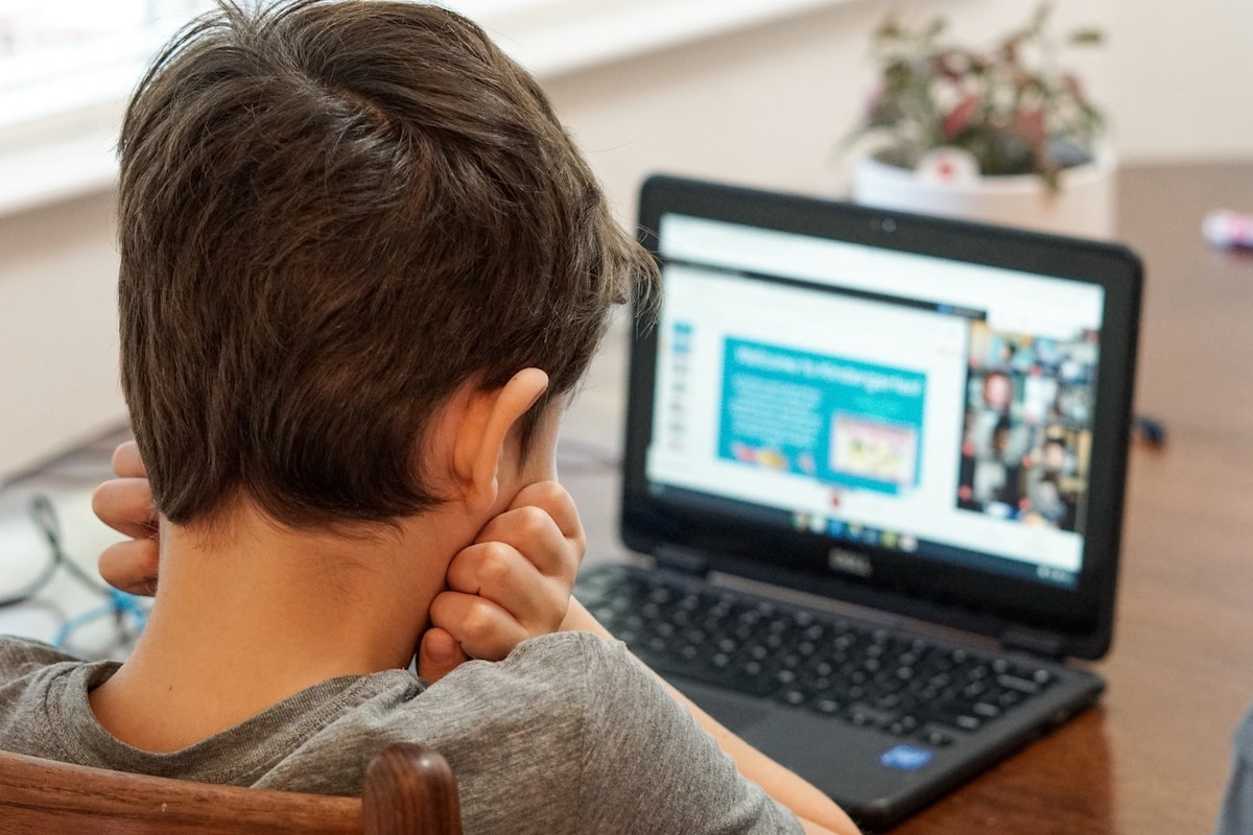A new survey from Optus has shed light on the online struggles facing Australian students today. In the survey of more than 1,000 high school students, nearly half admitted they find it tough to tell whether messages from friends or online sources are actually credible.
According to the exclusive Optus Digital Thumbprint survey, over 40% of students said they have a hard time figuring out what’s fake and what’s real when it comes to online news.
Cyberbullying also emerged as a major concern, with around 36% of students sharing that they’ve been victims, often feeling confused about why they were targeted. Another 34% revealed they struggle with understanding how to protect themselves from online harassment.
Students also shared during Digital Thumbprint workshops that cyberbullying takes a serious toll on their mental health.
The Optus Digital Thumbprint program is designed to help kids and families navigate these tricky digital waters. It offers free, interactive workshops and a range of resources aimed at boosting digital safety and well-being.
The workshops are engaging and fit right into school curriculums. Students can join in person or through digital sessions led by experienced facilitators. There’s also a dedicated website packed with free resources for students, families, and teachers alike.
Since its launch, the fully funded program has reached more than 620,000 primary and secondary students across Australia, and it’s officially recognized by the eSafety Commissioner as a Trusted eSafety Provider.
The survey also found that 49% of students struggle with creating and remembering strong passwords, a key part of keeping personal information safe online.
Weak passwords can leave kids vulnerable to hackers, who can easily get hold of sensitive information. To combat this, Optus recommends using strong passphrases and setting up multi-factor authentication (MFA) for added protection.
Maurice McCarthy, Managing Director of Customer Success at Optus, highlighted the company’s dedication to supporting families as they navigate the digital world.
“Since 2013, we’ve been running our free, award-winning Digital Thumbprint Program in schools across Australia, helping students build the skills they need to stay safe, responsible, and confident online,” he said.
Helen Maisano, Senior Director of Group Sustainability at Optus, pointed out that students’ challenges are only getting tougher as online scams become more sophisticated.
She urged parents to keep the lines of communication open with their kids, talking about the risks of scams and how to stay safe online.
To help families tackle these challenges, Optus has created the “Stay Ahead of Scams through Family Discussions” guide. The website also includes interactive activities, like the “Scammers and Fake Friends Quiz,” which helps kids strengthen their defenses against cyber criminals.







